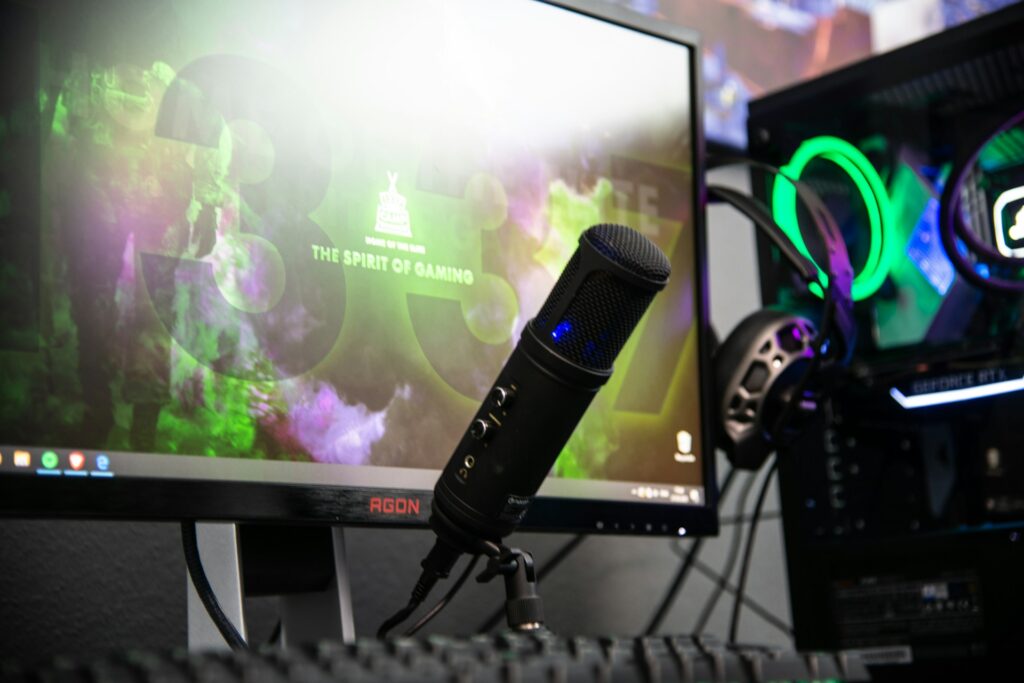
With over 240 million monthly active users, Twitch still dominates live streaming. But that doesn’t mean it’s the best place for every creator. Over the past few years, many streamers have started exploring Twitch competitors—not out of curiosity, but out of necessity. Monetization has become unpredictable. Content policies keep shifting. And for those working in more niche or adult-focused industries, Twitch often limits how much control they have over their content and audience.
This is why more creators are exploring streaming platforms like Twitch that offer better customization, fewer limitations, and revenue models that don’t rely on chasing subscribers or hoping for algorithmic visibility. Whether you’re teaching live fitness classes, building an NSFW community, hosting music events, or launching interactive streams, there are now real Twitch alternatives that cater to those use cases.
In this article, you’ll discover five strong streaming services like Twitch—each with different strengths, business models, and creator audiences. We’ll break down the features that matter, what kind of user each platform is built for, and why now is a smart time to explore sites like Twitch built for independence and growth.
Top-5 Twitch Competitors in 2026
Twitch built the arena, but it no longer controls the game. New streaming platforms like Twitch are stepping into the spotlight with better revenue shares, looser moderation rules, and smarter tools for streamers who want growth — not gatekeeping. Whether you’re a gaming creator, adult cam model, or niche entertainer, there are Twitch alternatives worth considering in 2026.
Kick
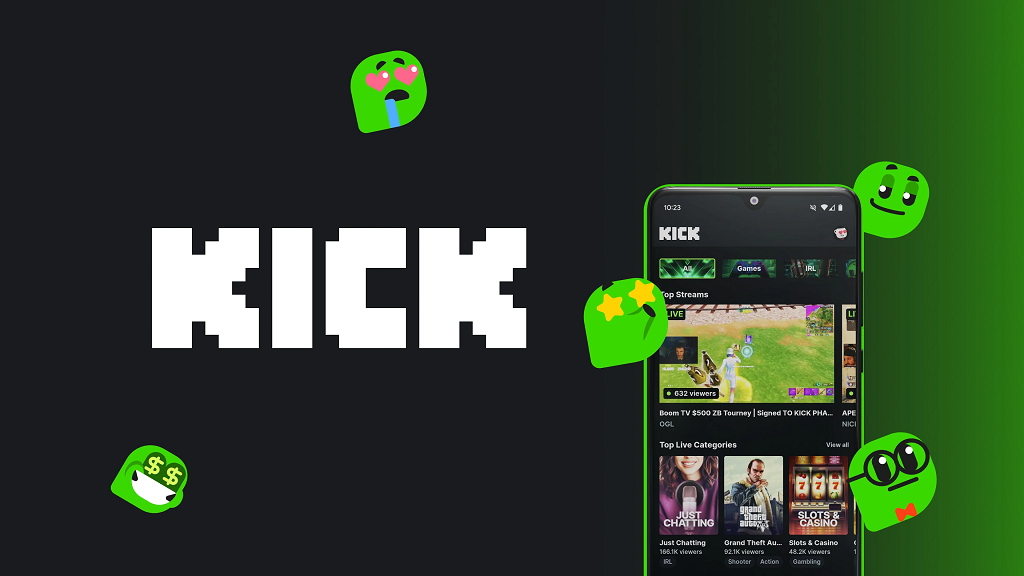
Best for: Streamers who want fewer restrictions and better revenue splits.
Kick didn’t just show up — it barged in. Backed by Stake and designed for high-traffic content, Kick has become one of the top Twitch competitors for creators tired of Twitch’s strict rules and lopsided monetization.
Pros:
- 95/5 revenue split (creator-friendly)
- Lax content moderation (adult creators included)
- Familiar interface for Twitch migrants
Cons:
- Still developing moderation tools
- Reputation issues due to gambling ties
- Limited community tools
Kick supports a wide range of content: gaming, lifestyle, and even NSFW with less friction. You can monetize through subscriptions, tips, and brand deals — all with nearly full payout. It’s a solid Twitch alternative for creators who want fast traction and fewer filters.
YouTube Gaming
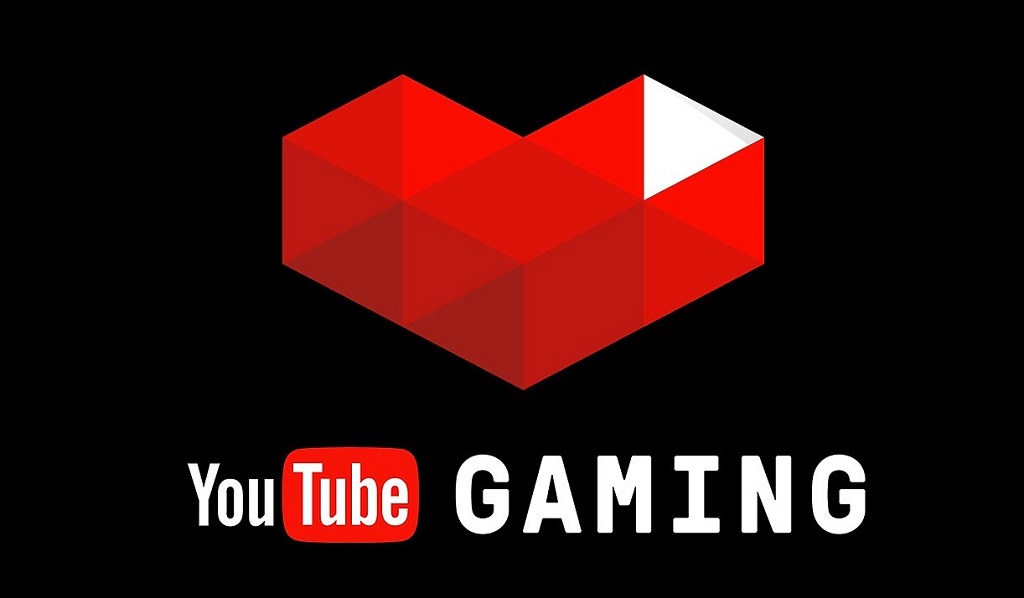
Best for: Streamers who want discoverability and long-term content value.
YouTube Gaming didn’t need to clone Twitch — it had the infrastructure from day one. With deep VOD integration and the power of Google search, it’s one of the most versatile sites like Twitch.
Pros:
- Huge existing audience
- Long-form and live content mix
- Built-in search and SEO
Cons:
- Less interactive live chat tools
- Stricter policies than Twitch in some cases
- Streaming features still lag behind
Revenue comes from ads, Super Chats, memberships, and affiliate tools. Customization is limited, but the reach and hybrid content model make YouTube Gaming one of the most strategic Twitch competitors out there.
Facebook Gaming
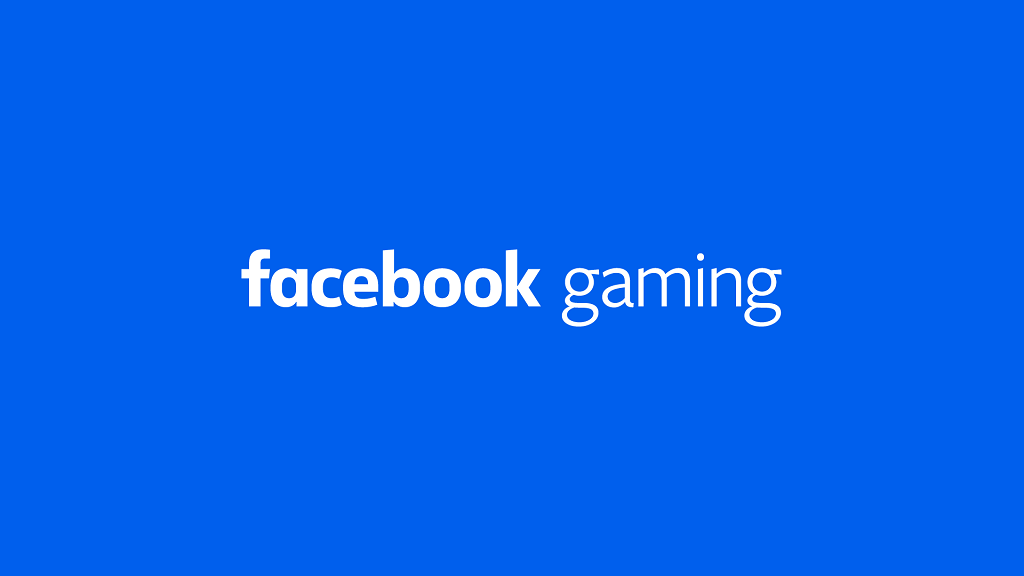
Best for: Streamers who already have an audience on Facebook or want to tap into social sharing.
Facebook Gaming isn’t chasing trends — it’s building off one of the biggest networks in the world. If your content plays well in feed-style ecosystems and you want to plug into your existing followers, this is a smart move.
Pros:
- Built-in audience from Facebook pages and groups
- Integrated community tools like chat, reactions, and shares
- Easy discoverability through Facebook’s algorithm
Cons:
- Streaming experience feels clunky for newcomers
- Limited growth outside the Facebook ecosystem
- Less recognition in the gaming world compared to Twitch or YouTube
You can earn through Stars (Facebook’s tipping system), subscriptions, in-stream ads, and brand sponsorships. But the real value is the social layer — live content can surface in newsfeeds, reels, or group recommendations. If you’re already active on Facebook, monetizing your stream becomes part of the ecosystem. Customization? Not much. But reach and retention are where it shines.
Trovo
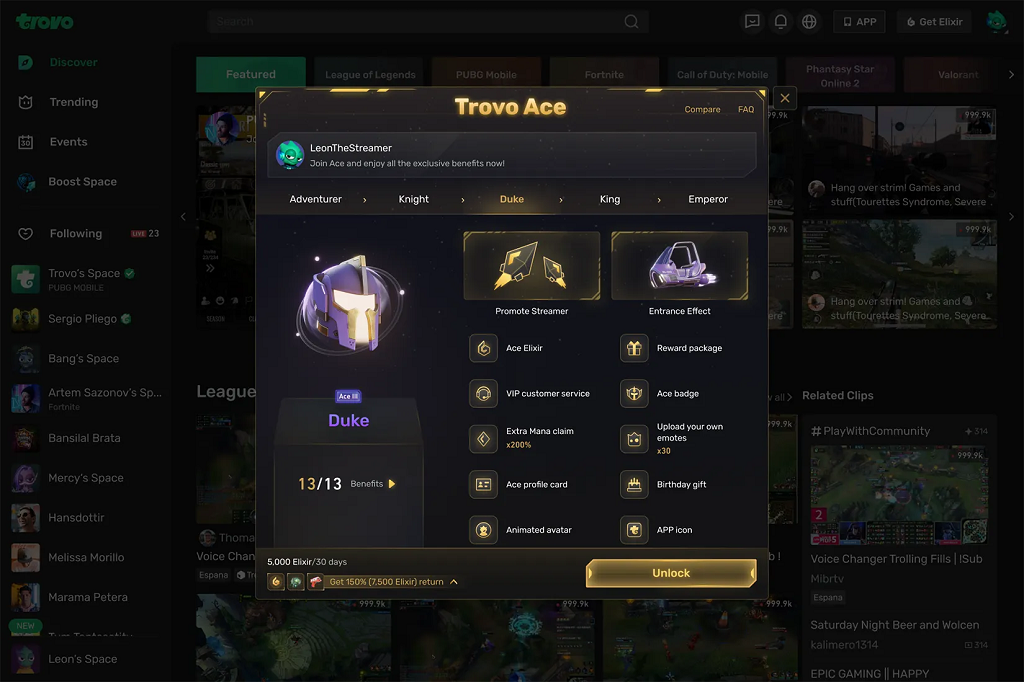
Best for: Gamers looking for community-based growth and early adopter visibility.
Trovo doesn’t get the headlines, but it’s quietly carving out space for streamers who want something smaller — and more personal. Think of it as a mix between early Twitch and Discord, with some solid monetization tools baked in.
Pros:
- Supportive, close-knit streaming communities
- “Treasure Box” viewer rewards and creator incentives
- Tiered monetization from day one
Cons:
- Smaller user base, slower growth potential
- Fewer native integrations and third-party tools
- Limited global recognition
Trovo offers subscriptions, tiered bonuses, and internal support programs for rising streamers. While customization is light, the intimacy of the platform — and its push to reward community loyalty — makes it worth testing if you’re tired of massive, anonymous streaming pools.
DLive
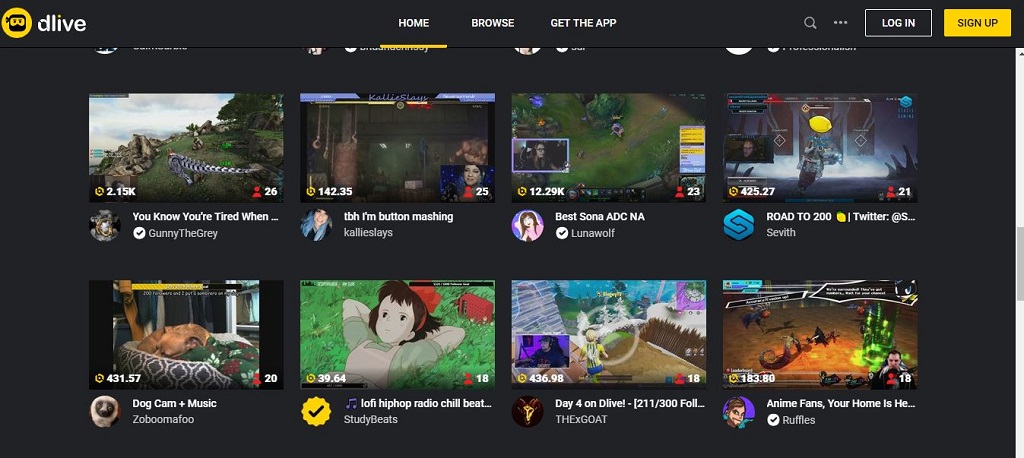
Best for: Crypto-savvy streamers and independent creators who want revenue share without middlemen.
DLive is a decentralized platform with blockchain-based rewards, DLive has quietly carved out a space for creators who want more transparency and better earnings.
Pros:
- 90% of revenue goes directly to creators
- No platform fees
- Built-in crypto wallet and reward system
Cons:
- Smaller audience compared to Twitch or YouTube
- Limited content categories
- No native adult content support
DLive uses LINO points and crypto tipping to reward streamers. While you can’t white-label it or deeply customize features, the financial model appeals to users tired of platform cuts. For creators exploring crypto-based content or building niche communities, DLive offers a refreshing alternative to traditional Twitch competitors.
Why Creators Are Moving Beyond Platforms
When you rely on platforms like Twitch or YouTube, you’re always playing by someone else’s rules. Algorithms shift. Terms change. Discoverability dries up overnight. And suddenly, you’re stuck optimizing for a feed you don’t control.
More creators are done with it. They want direct access to their audience. They want ownership — of their data, their brand, their monetization flow. And they’re realizing that pre-built ecosystems, while convenient, come with invisible ceilings.
If you want to grow without asking for permission, it’s time to think outside the default platforms. That’s where custom development enters the picture.
Custom Twitch Alternative with Scrile Stream
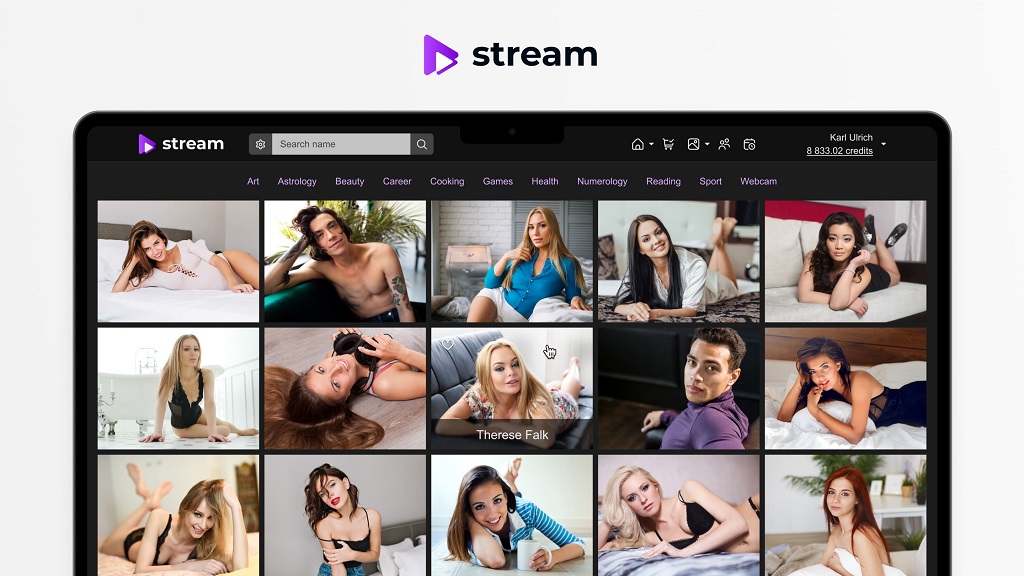
Scrile Stream isn’t another streaming platform. It’s a development service — built for creators, studios, and adult entertainers who want to run things their way.
You’re not joining a network. You’re building your own.
With Scrile Stream, you define how your streaming business works from the inside out:
- Custom monetization logic (subscriptions, tips, tokens, PPV)
- Full UI/UX branding — from color to layout to user roles
- NSFW-ready features with access control
- Advanced viewer retention tools: chat, reactions, rewards
- Analytics dashboards built for performance, not vanity
- White-label infrastructure — your brand, your domain
Scrile Stream gives you the tools to build your own Twitch competitor — one tailored to your audience, your content, and your growth model.
Conclusion
The landscape’s shifting. Twitch competitors are rising fast, but even the best platforms still put you inside someone else’s box. If you want full control — over revenue, branding, features, and community — building your own space is the next logical step. Scrile Stream gives you the tools to make that happen. No templates. No gatekeepers. Just your rules, your monetization, your site.
Talk to Scrile Stream team and start building something that’s truly yours.
FAQ
Who is Twitch’s biggest competitor in 2026?
YouTube Gaming still dominates the space when it comes to raw user numbers and visibility. It holds nearly all of the non-Twitch market, especially for streamers already active on YouTube. Kick is also gaining fast, especially in adult and high-traffic creator circles.
What is replacing Twitch?
No single service has replaced Twitch — yet. But more creators are exploring platforms like Kick, YouTube Gaming, Trovo, and even building their own sites. These Twitch competitors give them more control and better splits, which is driving a major shift in the live-streaming world.
What is Twitch?
Twitch is a live-streaming platform focused on gaming, now expanded to music, ASMR, talk shows, and adult content. It has 140 million monthly users, but creators often deal with algorithm changes, monetization limits, and discoverability issues — leading many to seek better options.

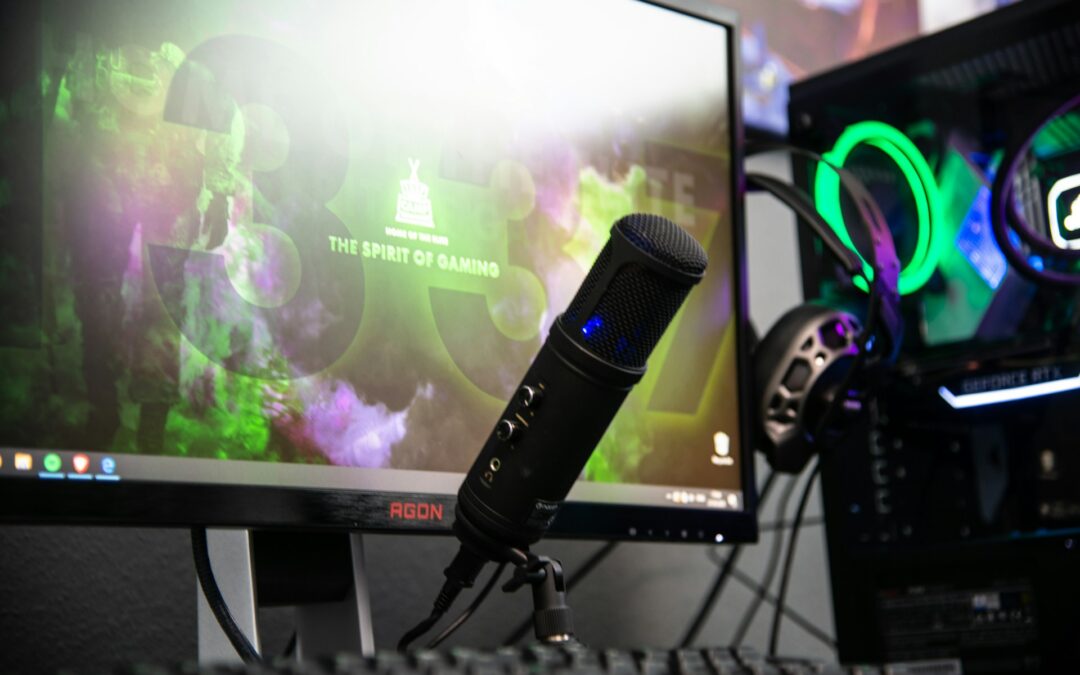
I just like the helpful information you provide in your articles